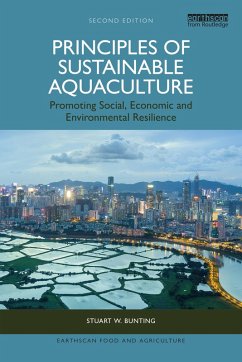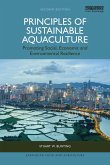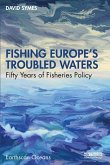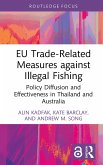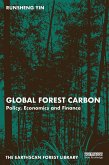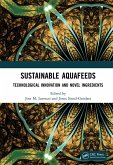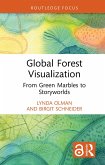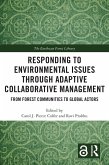Dieser Download kann aus rechtlichen Gründen nur mit Rechnungsadresse in A, B, BG, CY, CZ, D, DK, EW, E, FIN, F, GR, HR, H, IRL, I, LT, L, LR, M, NL, PL, P, R, S, SLO, SK ausgeliefert werden.
"Expanded sustainable aquaculture production is essential to provide healthy nutrition for the growing global population, and integration of scientific, environmental, and socio-economic considerations is key to its acceptance and success. Bunting provides a detailed, thoughtful, and readable assessment that sets the stage for responsible and sustainable growth and resilience. It should be required reading for researchers, students, managers, and policy makers, and anyone else with an interest in sustainable aquaculture."
Sandra E. Shumway, Editor-in-Chief Reviews in Fisheries Science and Aquaculture and Journal of Shellfish Research
Praise for the first edition
"A synthesis dealing with the social, economic and environmental resilience aspects of this most important food production sector is long overdue. Stuart Bunting has the experience and insights needed to ground the work in field evidence and distil the principles on which future sustainable development of the sector can be based."
Dr. Malcolm Beveridge, Director of Aquaculture and Genetics at the WorldFish Center, Zambia
"Principles of Sustainable Aquaculture is a timely and monumental review of what is required for aquaculture to fulfil its potential to contribute to socially and environmentally sustainable development. It covers the diversity of systems of both developed and developing countries, the theory of and practice for planning and management of the sector, and is replete with real world case studies."
Dr Peter Edwards, Emeritus Professor, Asian Institute of Technology, Thailand, and Advisor, Sustainable Farming Systems Program, Network of Aquaculture Centres in Asia-Pacific
"Principles of Sustainable Aquaculture presents a valuable landscape of trends in the World's fastest growing food production sector. Giving a systems perspective, it is a timely balance to the host of recent books on the technological challenges in this dynamic sector, and will support practitioners and policy makers to better understand both the basic underlying concepts and emerging best practices."
Professor David Little, Institute of Aquaculture, University of Stirling, UK
"Enhanced with Notes, References, and an Index, Principles of Sustainable Aquaculture: Promoting Social, Economic and Environmental Resilience is a seminal work, very highly recommended for professional, governmental, corporate, and academic Environmental Studies reference collections in general, and Agricultural Studies supplemental reading lists in particular."
Library Bookwatch

